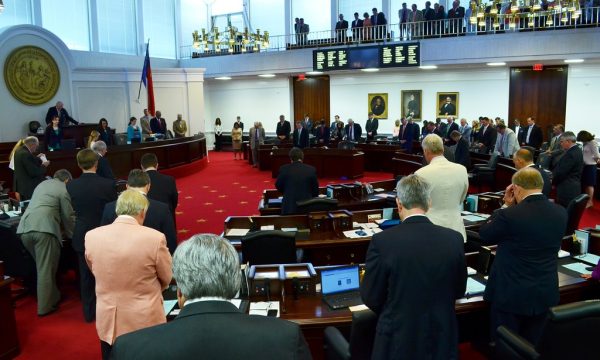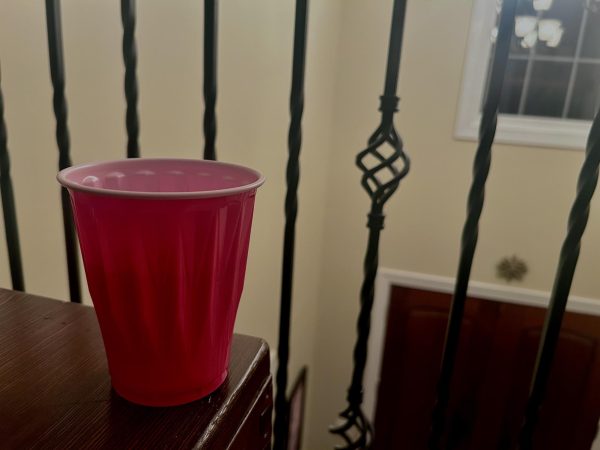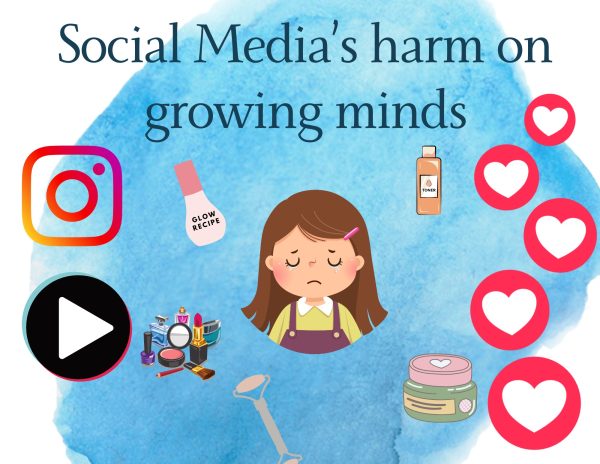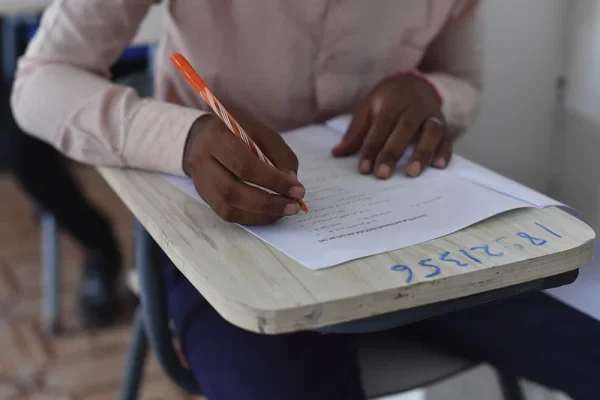Putting a stop to police racism
How to go about ending one of our nation’s oldest problems.
November 7, 2014
Anyone with basic knowledge in the field of American history knows that racism is a problem this nation has always struggled with. Much of America relied on slavery based on race for hundreds of years. Multiple hate groups spawned out of disdain for other cultures and skin colors. Even the police, who are supposed to protect and serve the citizens of our nation, have struggled with institutionalized racism for as long as many can remember but as our country has gotten older has progressed, has this seemingly-institutionalized racism has begun to wane?
Racism in police departments has been a huge topic of discussion over the past few months, sparked by the killing of a young black man by a police officer in Ferguson, Missouri, and the protests that followed it. Many believe the young man, Michael Brown, was unarmed at the time, yet was killed and racial profiling was the cause of his encounter with the police. Since then, unrest in Ferguson threw the city into the national news, where its police department began to come under scrutiny.
According to The Atlantic, Ferguson Police made 5,384 stops and 611 searches. 86% of the stops and 92% of the searches were performed on black people. A statistic so staggering is far from negligible. The searches of black people had a rate of found contraband that was half that of searches of white people. The only thing that can be pointed to in order to explain such a disparity is racial profiling.
Ferguson is not an isolated case by any means. A quick search yields a multitude of stories from across the United States over the past few months alone: “Police Allegedly Use Stun Gun on Black Father Waiting for His Kids,” “Ex-narcotics Officer Claims Racism, Harassment in DPD,” and even in a place as close as Durham, “Durham City Manager Responds to Claims of Police Racism.”
The issue of institutionalized racism has plagued America since its establishment, and it’s time we really crack down on it. Tests that may help expose racists need to be taken alongside other entry requirements for people who hope to become police officers in order to stop them before they get onto the force. In Cooperstown, Tennessee, the chief of police is using a polygraph test to try and weed out racists while trying to rebuild the reputation of a police department that was ruined by scandal.
Cooperstown, regardless of how small it is, is an example of someone taking a stand against racism on police forces, and other departments across the U.S. should follow suit. Testing for racism through polygraphs and applications of the Implicit-Association Test, which may be able to show unintentional bias, should be the norm across the nation. More importantly, though, officers should be monitored for any racially charged actions. Those that show consistent violations or are proven to harbor some form of resentment towards another race should be immediately dismissed from the force. It’s time we stop denying that institutionalized racism isn’t a problem or making excuses to defend inappropriate actions. It’s time we turn our police departments into something we can be proud of nationwide














